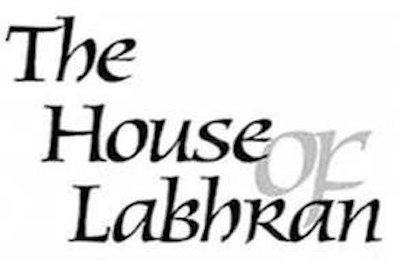Seaforth Highlanders Regimental Brass Mounted Sgian Dubh





Seaforth Highlanders Regimental Brass Mounted Sgian Dubh
Seaforth Highlanders regimental brass mounted sgian dubh
Hand made by the regimental silversmith, with solid brass Seaforth style St Andrew overlaying a hand carved star insignia on a black wood hilt. Top thistle mount is stone set with a smoky quartz gem stone. This pattern is based on original 1900 Seaforth Highlanders sgian dubh.
Hand carved studded African black wood hilt
Sheffield stainless steel blade
Hand carved wooden scabbard covered in Moroccan leather and mounted with solid brass mounts
Made in Scotland - Approx 6 weeks
All buyers must be over 18 years of age - UK Legal to carry when worn with Highland Dress.
The same pattern was used by 78th Highlanders Regiment of Foot in the 19th century and was then adopted by the newly formed Seaforth Highlanders in 1881. When the 72nd Highlanders of Canada was formed in 1910, they then became the Seaforth Highlanders of Canada regiment 1911. They also adopted the pattern from the Seaforth Highlanders of the Imperial service.
We have a passion for fine antique and collectible sgian dubh’s and Highland dirks. We source antique Jacobite styles of the 18th century, high Victorian styles and regimental patterns of WW1 – WW2. Our sgian dubh and dirk range make wonderful addition to any Highland dress collection.
Our range of fine hallmarked sterling silver skean dubh’s made by the Highland regimental silversmith and Royal silversmiths Hamilton & Inches in Edinburgh, Scotland. We can engrave many of these skean dubhs for presentation gifts.
Vintage antique Sgian Dubhs – Scottish sgian skean dubhs from Scotland – The Gaelic sgian dubh meaning “black knife”, where “black” may refer to the usual colour of the handle of the knife. It is also suggested that “black” means secret, or hidden, as in the word blackmail. This is based on the stories and theories surrounding the knife’s origin and the meaning of “Dubh” in Gaelic, in particular those associated with the Highland custom of depositing weapons at the entrance to a house prior to entering as a guest. Despite this practice, a small twin edged-dagger, (‘Mattucashlass’), concealed under the armpit, combined with a smaller knife, (‘Sgian dubh’).
